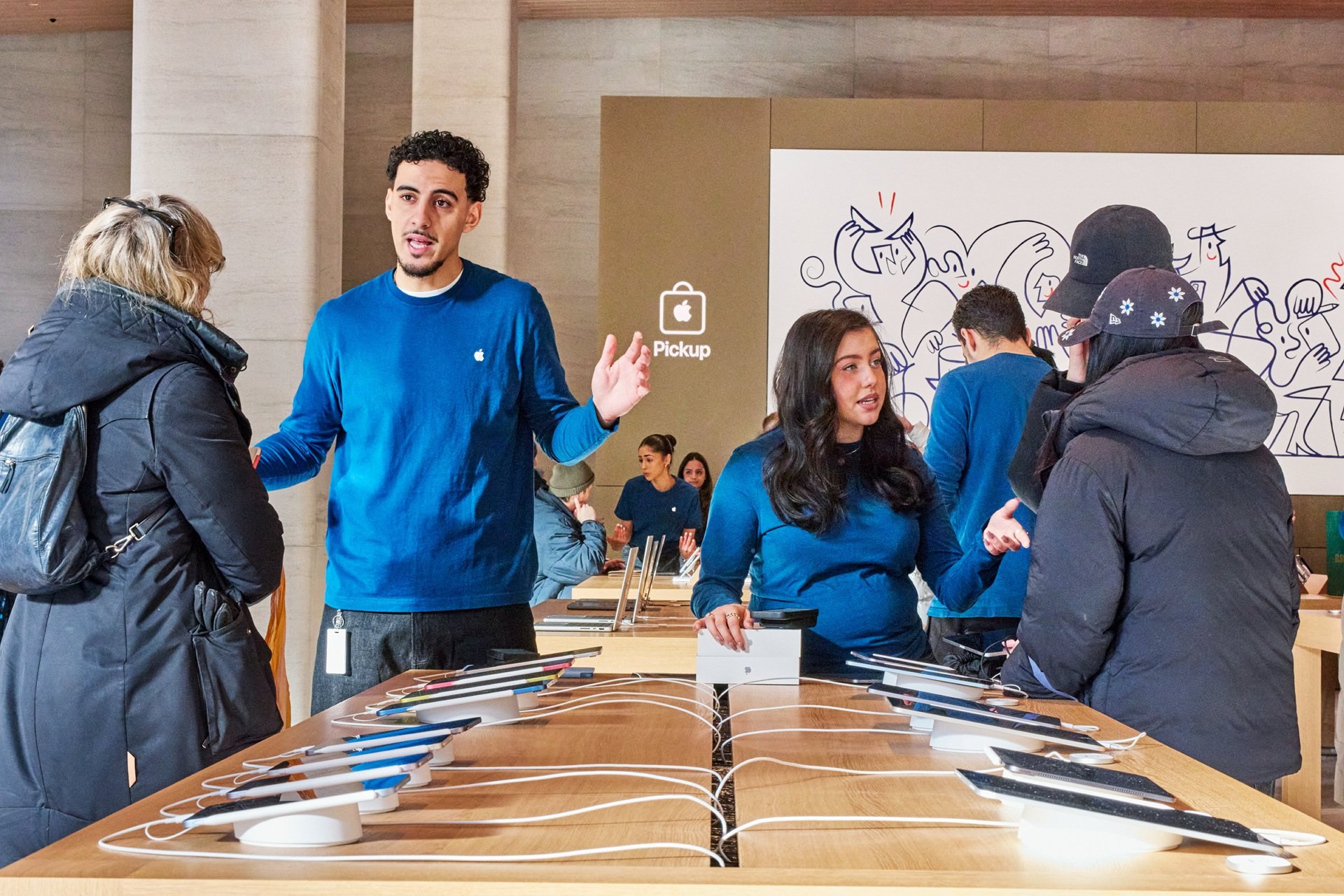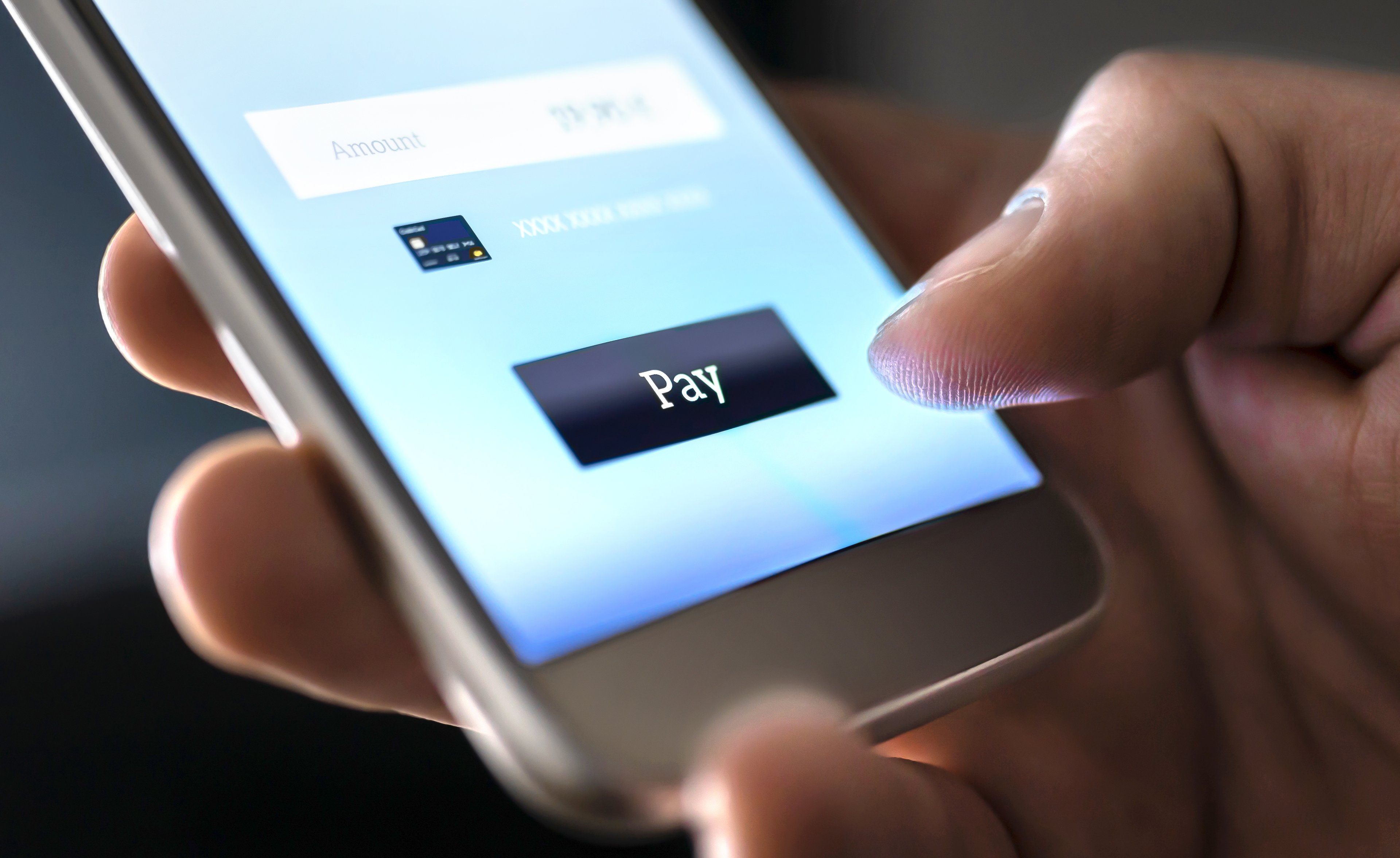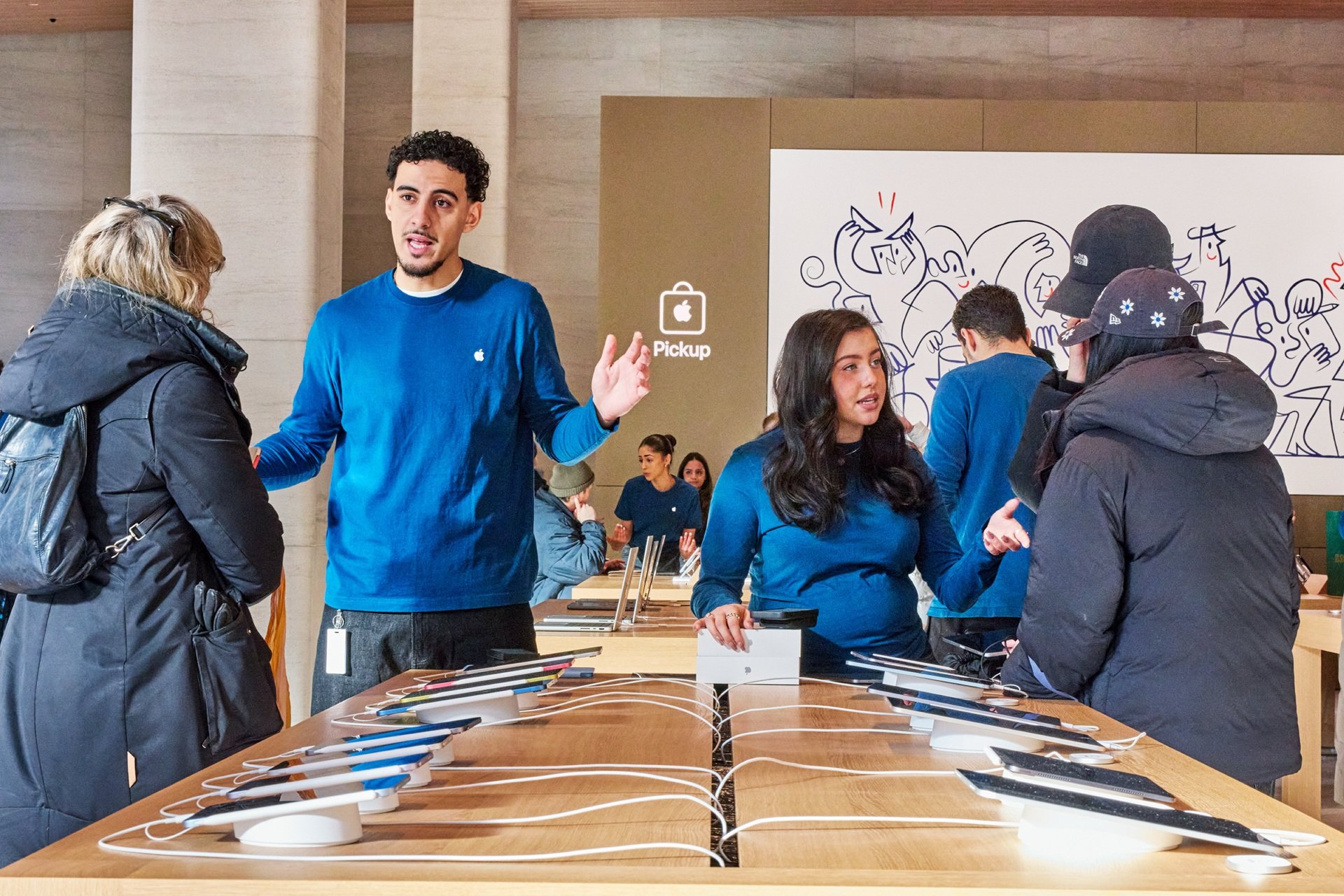Consumer discretionary stocks have extra risk built into them. Unlike their consumer-staples brethren -- which sell things such as food, toilet paper, and shampoo -- consumer discretionary stocks rely on discretionary cash that consumers choose to spend on their products.
The economy is in a relatively healthy place right now. Unemployment currently sits at 4.5%, the lowest it's been since May 2007. However, the household debt-to-GDP ratio sits almost 20% lower today. The average consumer is considerably less leveraged.

Image source: Getty Images
That's why consumer discretionary stocks -- especially the five we'll discuss here -- should occupy a meaningful portion of your overall portfolio.
Industry leaders with wide moats
When it comes to consumer discretionary stocks, the sustainable competitive advantage -- or moat -- that usually drives superior results almost always comes in the form of brand strength. Four of the five I'm looking at -- Apple (AAPL 0.20%), Disney (DIS 0.07%), Nike (NKE 2.01%), and Starbucks (SBUX +1.43%) -- are in the first or second position in their respective industries, according to Forbes.
|
Company |
Industry |
Rank in Industry |
Brand Value |
|---|---|---|---|
|
Apple |
Technology |
First |
$154 billion |
|
Disney |
Leisure |
First |
$39.5 billion |
|
Nike |
Apparel |
First |
$27.5 billion |
|
Starbucks |
Restaurants |
Second |
$11.9 billion |
Data source: Forbes.
Starbucks missed the top spot only because it was competing against McDonald's, but I think its safe to say that though there is some overlap, these two are largely serving different consumers. It's also worth mentioning that ESPN, which Disney owns, came in as the No. 1 "media" company in terms of brand value, worth $16.9 billion.
The other company I'm looking at may not have made the Top 100, but it's still a giant of its industry: VF Corporation (VFC +1.90%). VF owns many lifestyle brands, including The North Face, Timberland, and Vans shoes. Those three are the biggest players in the company's outdoor and action-sports division, which brought in over $7.5 billion in sales last year alone. VF is also the parent company to Lee and Wrangler jeans, as well as Nautica.
Solid balance sheets to survive a downturn
As I said, consumer discretionary stocks have added risk. While all five players are well known and widely loved and have powerful brands, they still need to be able to whether an economic downturn. I believe all are on solid footing.
Here's what I mean, keeping in mind that I included market capitalization so they could be viewed relative to their size.
|
Company |
Market Cap |
Cash |
Debt |
Net Income |
Free Cash Flow |
|---|---|---|---|---|---|
|
Apple |
$746 billion |
$246 billion |
$74 billion |
$45 billion |
$53 billion |
|
Disney |
$181 billion |
$8.0 billion |
$14.8 billion |
$9.0 billion |
$7.6 billion |
|
Nike |
$92 billion |
$6.1 billion |
$3.5 billion |
$4.1 billion |
$2.9 billion |
|
Starbucks |
$88 billion |
$2.9 billion |
$3.2 billion |
$2.9 billion |
$3.0 billion |
|
VF Corp. |
$23 billion |
$1.2 billion |
$2.0 billion |
$1.1 billion |
$1.3 billion |
Data source: Yahoo! Finance. Cash includes long- and short-term investments. Net income and free cash flow presented on trailing-12-month basis.
The only company that has significantly more debt than cash on hand is Disney. But if Disney wanted to, just two years' worth of free cash flow could wipe out its debt entirely. Obviously, the company thinks there are better uses for that money, but the bottom line is that paying off debt is an option if Disney needs it.
All things considered, these five would suffer like everyone else in an economic downturn. But given the strength of their balance sheets, they would emerge from the carnage stronger, as competitors with less financial fortitude would probably fall by the wayside, yielding even more market share to these leaders.
Dividends to collect along the way
Finally, by buying shares of any of these companies, you get the benefit of regular, safe, and sustainable dividend payments. That might not move the investing needle much in 2017, but if you're a true long-term investor, it can make a world of difference.
Here's where each company's yield currently sits, as well as the percentage of free cash flow that's been used to pay the dividends over the past 12 months.
Safe and Steady Dividends
Create column charts
While VF is the only stock with what many might consider an attractive yield, all five have very safe payments, with lots of room for growth. Generally, any payout ratio under 85% is considered sustainable. With such low ratios across the board, payouts should not be threatened by a recession and have lots of room for growth in non-recessionary environments.
I already own two of these five companies -- Apple and Starbucks -- but consider all five worthy of consideration in 2017.










